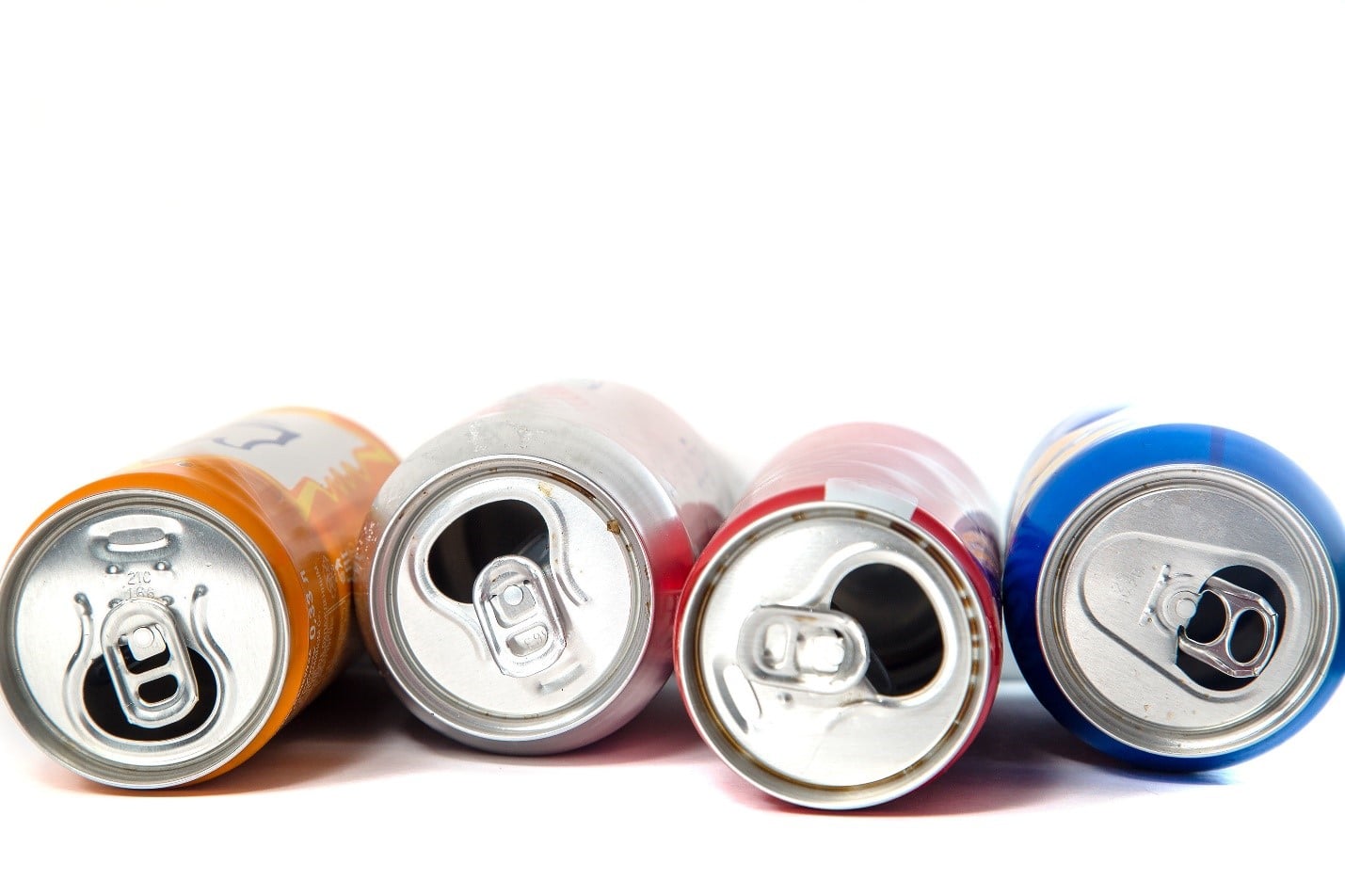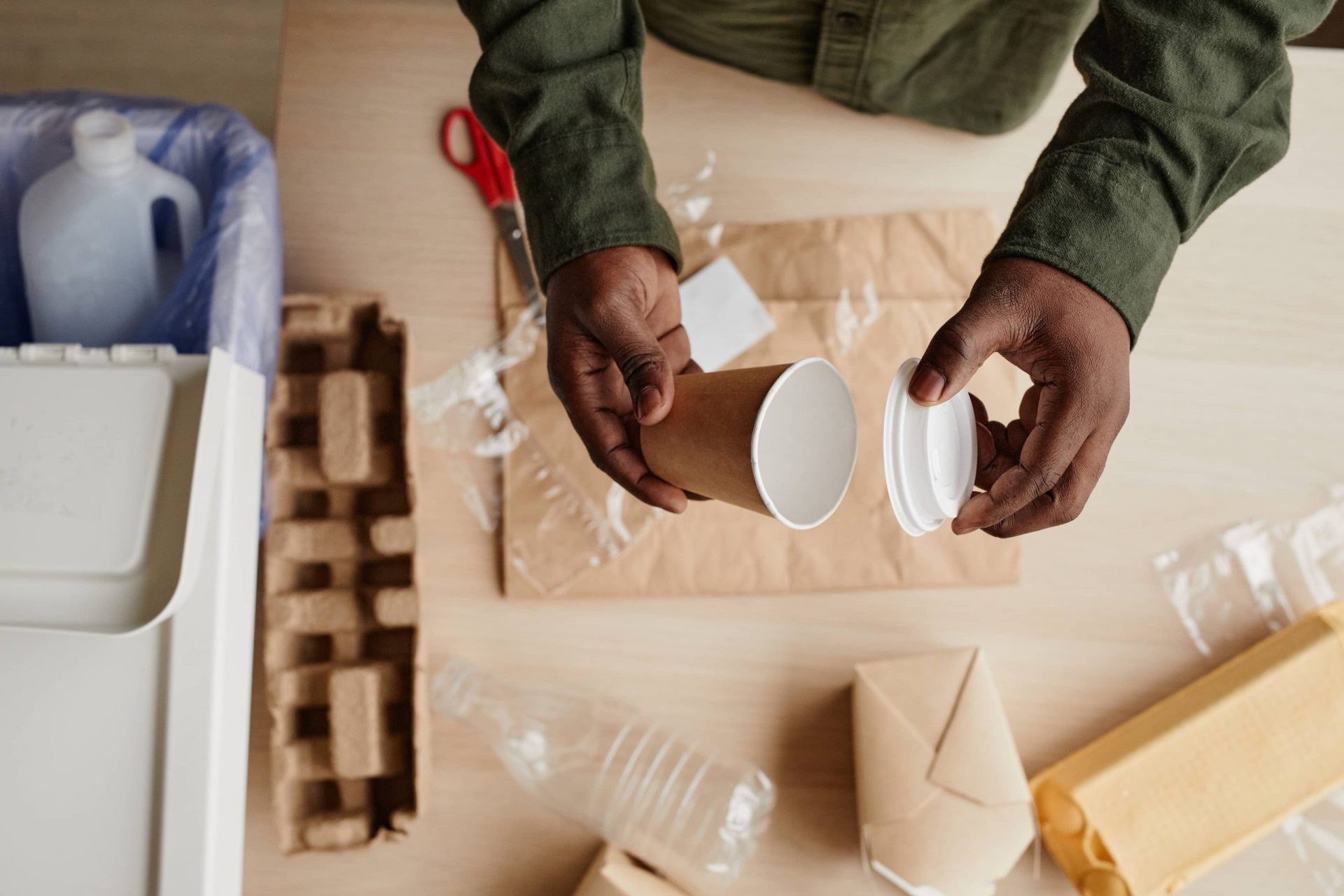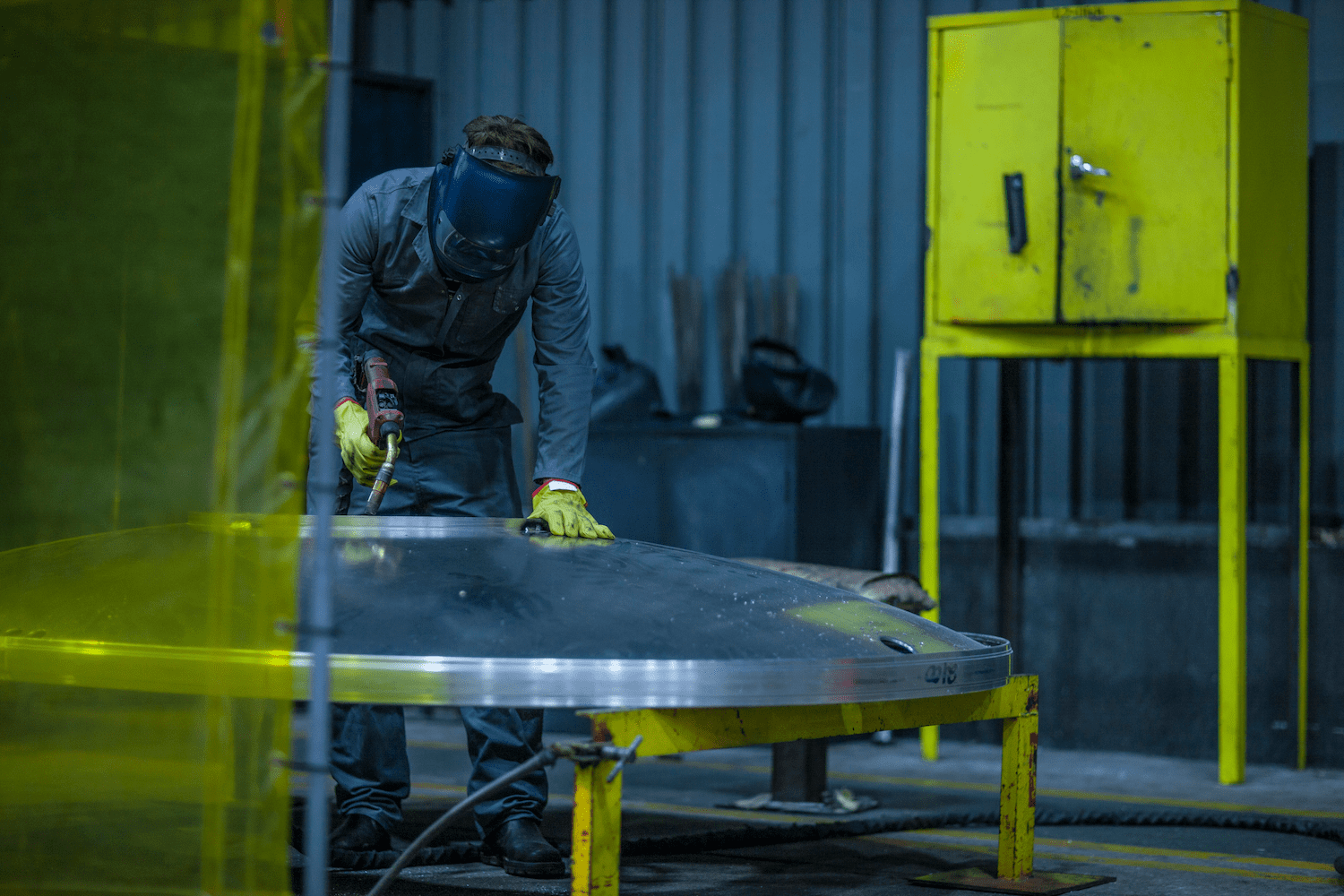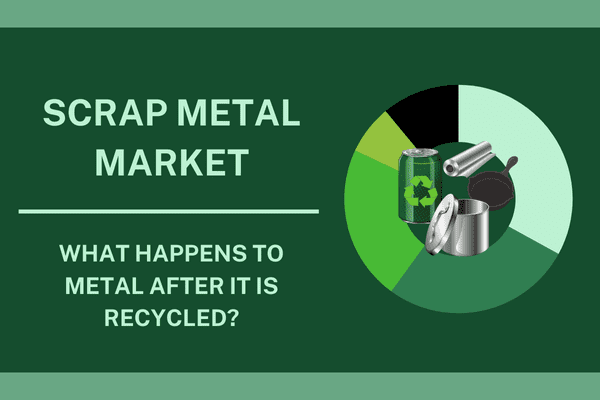
Recycling saves money. It’s that simple.
It’s in the best interest of all businesses to establish recycling programs. Recycling sets a good example for employees and surrounding businesses and ultimately reduces an organization’s footprint. Also, the environmental benefits of recycling are well known. The thriving scrap metal recycling industry is creating jobs and promoting economic development in cities and towns across the country.
Beyond these clear advantages, recycling also saves money for consumers and businesses alike. But most people have little to no knowledge about just how recycling saves money.
For starters, recycling scrap metal saves money by reducing the cost of production during manufacturing. Building products by using existing metals brought to recycling centers offers a lot of savings benefits, including eliminating the need to mine or manufacture new raw materials. Lower manufacturing costs help keep prices lower which is an enormous benefit to companies that buy office equipment in bulk.
Arranging to bring scrap metal to a recycling firm like GLE Scrap Metal is a great way for companies to contribute to lowering the cost of the supplies they need to operate.
How does recycling save money for consumers?
Reducing costs during the manufacturing process is one way that recycling matters. It would be significantly more expensive to make these products if recycled scrap metal wasn’t available. Recycling metals eliminates the need to create new materials from virgin materials, which allows us to conserve raw materials in the event that recycled metals are not available.
This helps reduce the prices of raw materials.
While you don’t make much money from recycling something like an aluminum can or plastic bottles, you do get significant energy savings. The cost of aluminum would be sky-high if we didn’t recycle it. Ferrous and non-ferrous metals like copper, iron, and steel can also be recycled.
There are clear cost benefits to recycling aluminum and metals, including the savings in the amount of energy required in making a new product from scratch. In other words, the best approach is taking an existing soup can and using the materials in it to make a new one.
The price of aluminum, for example, would be much higher if people didn’t recycle it, and the same is true for iron, steel, copper and other metals.
Companies also have the ability to take their scrap metal to a recycling firm like GLE Scrap Metal. A good example is the money obtained by automobile manufacturers who sell their scrap metal.
Does recycling save money for people who purchase recycled materials from recycling centers?
The short answer is yes.
Recycling businesses are able to resell the metals they buy and process. Manufacturers then purchase recycled materials, which are used in a wide variety of products.
After collection, recyclables are sent to a recovery facility to be sorted, cleaned and processed into materials that can be used in manufacturing. Recyclables are bought and sold just like raw materials, and prices go up and down depending on supply and demand in the U.S. and across the globe.
The manufacturing process clearly benefits from the availability of recycled content.
There are a lot of common household items and office supply products that contain recycled materials.
That includes:
- Paper towels
- Steel Cans
- Plastics
- Soft drink containers
- Laundry detergent bottles
- Aluminum

Recycled materials are also being used in different ways, including paving roads and other construction projects.
How recycling saves money in practical ways
Just as manufacturers can save costs by having recycled materials available to them, the general public and business owners can help by being sure to buy products made from recycled materials, especially since there are thousands of products that contain recycled content.
The next time you go shopping look for products that are both made from recycled materials and recyclable.
Recyclable products are the ones that can be collected, processed and manufactured into new products after they have reached the end of their life cycle.
In many instances, the manufacturers will advertise that the goods they’re selling are recycled-content products, manufactured with recycled materials collected from a recycling program.
Other products are advertised as having “Post-consumer content,” or material that comes only from recyclables collected from consumers or businesses through a recycling program.
Common products with recycled content include:
- Egg cartons
- Glass containers
- Cereal boxes
- Comic books
- Car bumpers
- Aluminum cans
- Nails
- Trash bags
- Newspapers
Recycling programs are now critical for waste management. That, and the economic benefits of recycling, are both long-term.
Recycling benefits the entire community by turning recycled metals into new products rather than allowing these items to be thrown away in the trash. Best of all, the recycling industry helps create good-paying jobs in the recycling and manufacturing industries in the United States.
Collecting and processing materials that would otherwise be thrown away as trash, then turning them into new products, offers environmental benefits that include:
- Reducing the amount of waste sent to landfills;
- Conserving natural resources like minerals, water, and timber;
- Preventing the pollution that can be caused through the collection of new raw materials;
- Saving on energy; Reducing greenhouse gas emissions.
The decisions that consumers make have a lot of consequences. Consumers and businesses that purchase products made from recycled content are providing a boost to the recycling industry.
Buying products that are made from recycled materials encourages manufacturers to continue this beneficial process.
But it also helps when consumers and businesses support recycling efforts and ensure that any scrap metal they have gets recycled, rather than tossing it in the trash.
And that’s even more crucial for companies that are likely to have far more scrap metal than the average household.
Save Money With GLE Scrap
According to Stanford, the average American discards seven and a half pounds of garbage every day. This garbage goes mostly to landfills, where it’s compacted and buried. As landfills continue to grow, so will the pressures on our resources and environment.
The more we recycle, the less garbage winds up in our landfills. By recycling paper, aluminum, glass, plastics, and other materials, we can save production and energy costs, and reduce the negative impacts that the extraction and processing of virgin materials has on the environment.
It all comes back to you and the effort that you’re making. While recycling a few items seems like no big thing it starts by just one person taking action. New products can be made from your recyclable waste material. Recycling is good for our environment, our communities, and our economy.
Companies that support and participate in recycling programs are helping to cut costs in the long run. make available the content needed by the manufacturing industry so they can continue making their products with recycled materials.
GLE Scrap Metal buys, processes and sells all grades of scrap metal, with processing services for the general public, demolitions companies, and private businesses.
At GLE, we understand that doing so helps to promote the sustainability of the environment.
GLE Scrap Metal also offers logistics and transportation. GLE Scrap Metal offers 55-gallon drums, Gaylord’s, 4×4’s, 4×8’s, and containers in different sizes to suit your site and maximize payload efficiencies.
All of this works to your benefit since it means we pay you more.
Call GLE Scrap Metal today at 855-SCRAP-88 to request a quote.



